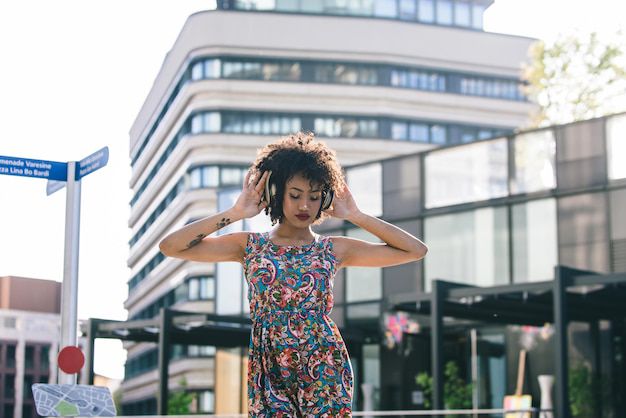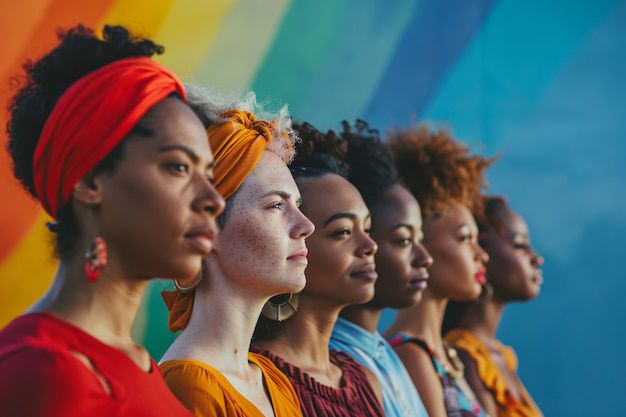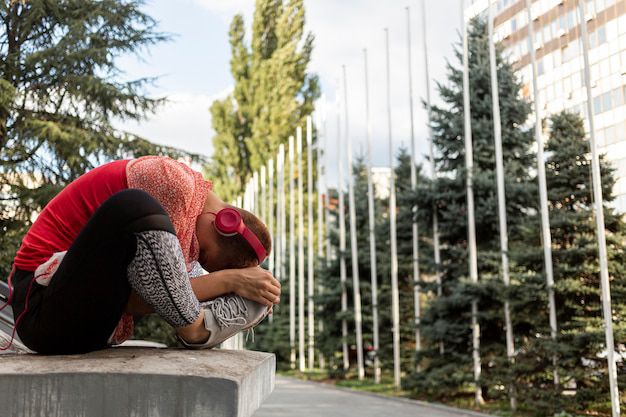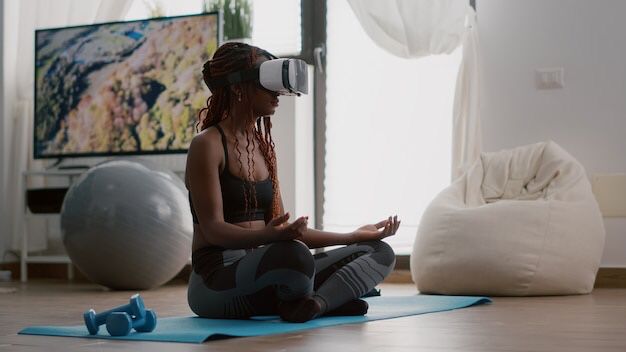In recent years, urban Africa has witnessed a remarkable transformation in lifestyle trends, particularly in the realms of wellness and mental health. Among these emerging trends, yoga and mindfulness have gained significant traction, captivating the attention of city dwellers seeking balance, serenity, and holistic well-being in increasingly bustling environments. The rise of yoga and mindfulness practices reflects a broader shift towards health consciousness and self-care, catering to the unique challenges faced by urban populations across the continent.
A Response to Urban Stressors
As Africa’s urban centres expand and modernise, they become hubs of economic activity, technological innovation, and cultural exchange. However, this rapid urbanisation has also brought about a plethora of stressors, including long commutes, high competition in the job market, and the struggle for work-life balance. These pressures have spurred many individuals to seek out wellness practices that promote mental clarity and physical health.

Yoga and mindfulness practices serve as effective tools for managing stress and anxiety. The physical postures and breathing techniques of yoga enhance flexibility and strength and cultivate a sense of inner peace and mindfulness. Mindfulness, the practice of being fully present in the moment, encourages individuals to engage with their thoughts and feelings without judgment, allowing for a healthier relationship with oneself and the environment.
Cultural Integration and Adaptation
The rise of yoga and mindfulness in urban Africa is not merely an import from the West; it is a unique integration of traditional African practices with global wellness trends. Many urban practitioners draw from indigenous knowledge systems, incorporating local cultural elements into their practices. This fusion creates a rich tapestry of experiences that resonate with the values and beliefs of African communities.

For instance, the incorporation of African dance movements into yoga sessions or the use of local herbal remedies for relaxation and meditation enhances the appeal of these practices. Urban yoga studios and mindfulness centres increasingly celebrate African heritage, creating spaces that reflect the diverse cultural identities of the continent. By adapting these global practices to local contexts, practitioners foster a sense of belonging and authenticity.
Accessibility and Community Building
As interest in yoga and mindfulness grows, urban Africa has seen a surge in the establishment of wellness studios, community classes, and online platforms that make these practices more accessible. This democratization of wellness allows individuals from various socio-economic backgrounds to engage with yoga and mindfulness, breaking down barriers that may have previously existed.

Community-based initiatives play a crucial role in this accessibility. Many instructors offer free or low-cost classes in parks, community centres, and schools, inviting individuals who may not have the means to pay for traditional studio classes. These initiatives foster a sense of community, encouraging participants to support one another in their wellness journeys.
Moreover, social media has become a powerful tool for promoting yoga and mindfulness practices across urban Africa. Influencers and wellness advocates share tips, tutorials, and personal experiences, creating a vibrant online community that inspires others to explore these practices. This digital presence not only raises awareness but also connects individuals with local resources and classes.
Mindfulness and Mental Health Awareness
The conversation around mental health in Africa has gained momentum in recent years, breaking the silence surrounding issues that have long been stigmatised. Yoga and mindfulness are increasingly recognised as valuable tools for enhancing mental health and emotional resilience.

Practitioners report improved coping mechanisms, reduced symptoms of anxiety and depression, and heightened self-awareness through their engagement with mindfulness practices. As urban Africans confront the mental health challenges associated with modern living, the integration of mindfulness into daily routines offers a proactive approach to fostering mental well-being.
Organisations and mental health professionals are beginning to incorporate mindfulness practices into therapeutic settings, recognizing the benefits these approaches can bring. Workshops and retreats focused on mindfulness are becoming more common, providing individuals with structured environments to deepen their understanding and practice.
The Role of Technology in Wellness
Technology has also played a pivotal role in the rise of yoga and mindfulness in urban Africa. Mobile applications, online classes, and virtual retreats have made it easier for individuals to engage with these practices from the comfort of their homes. This accessibility is particularly important for those living in remote areas or those who may feel intimidated by traditional studio environments.

Furthermore, the proliferation of content related to wellness on platforms like YouTube and Instagram has introduced a diverse array of instructors and styles, allowing practitioners to explore what resonates with them. This technological integration has expanded the reach of yoga and mindfulness, creating a global community while fostering local connections.
Challenges and the Road Ahead
Despite the positive momentum surrounding yoga and mindfulness in urban Africa, challenges remain. Scepticism about the benefits of these practices persists in some communities, particularly among those who may view them as Western imports. Additionally, the need for well-trained instructors who respect cultural nuances and prioritise accessibility is critical for sustainable growth.

To continue this momentum, advocates must prioritize education and awareness, dispelling myths and highlighting the benefits of yoga and mindfulness for physical and mental well-being. Collaborative efforts between local communities, wellness practitioners, and mental health professionals can further strengthen the foundation of these practices in urban Africa.
